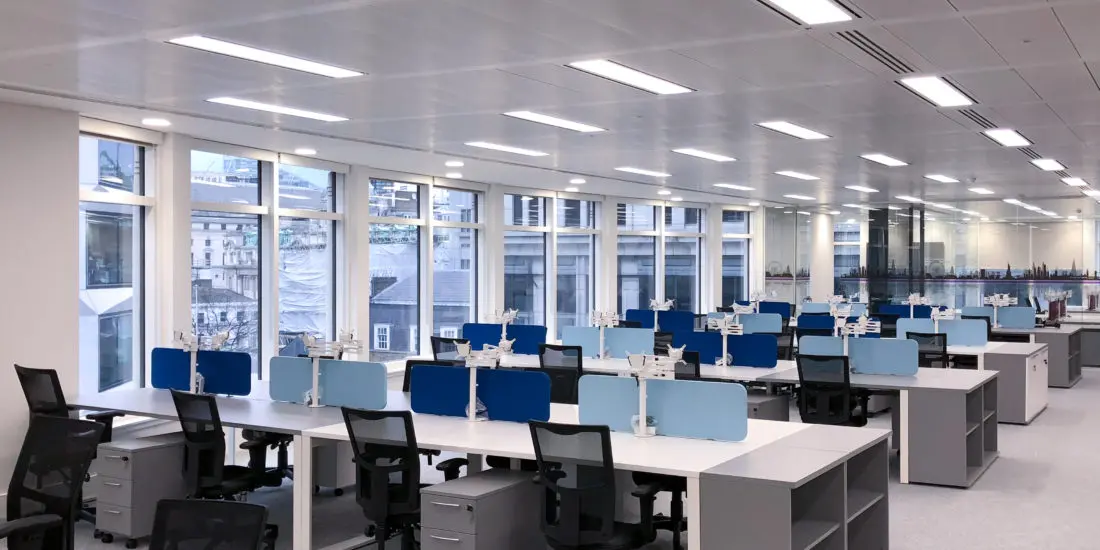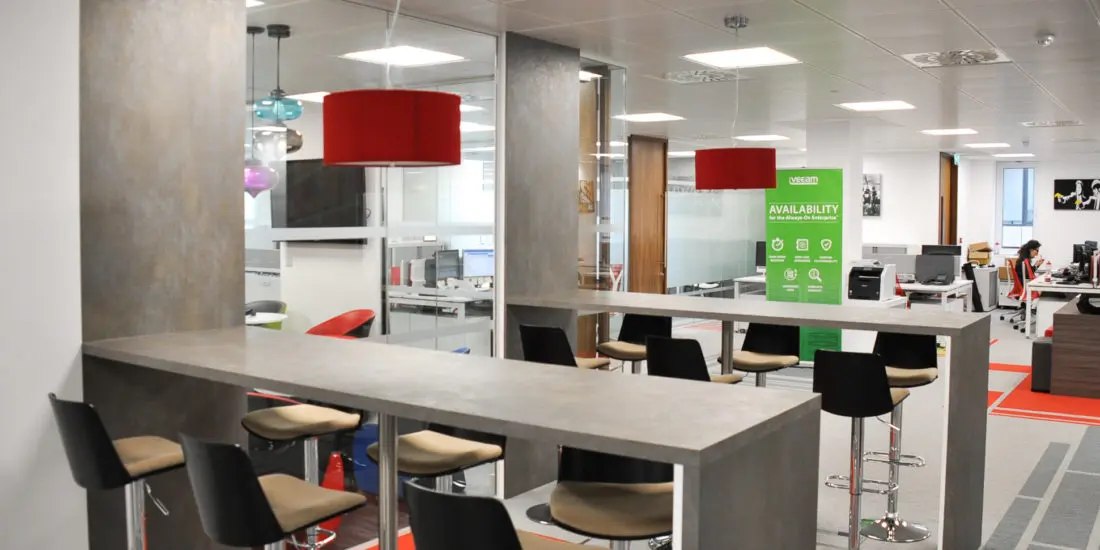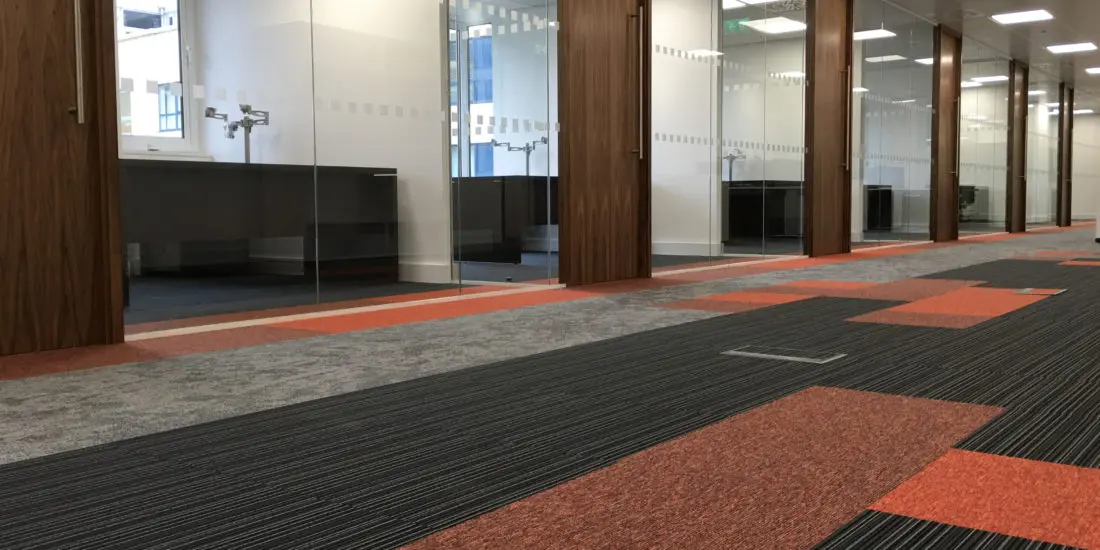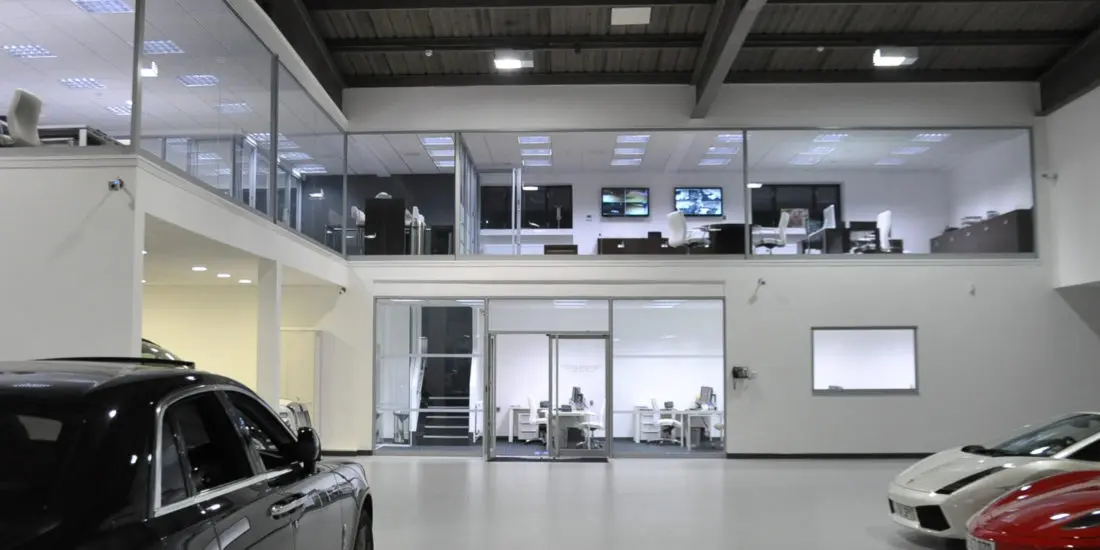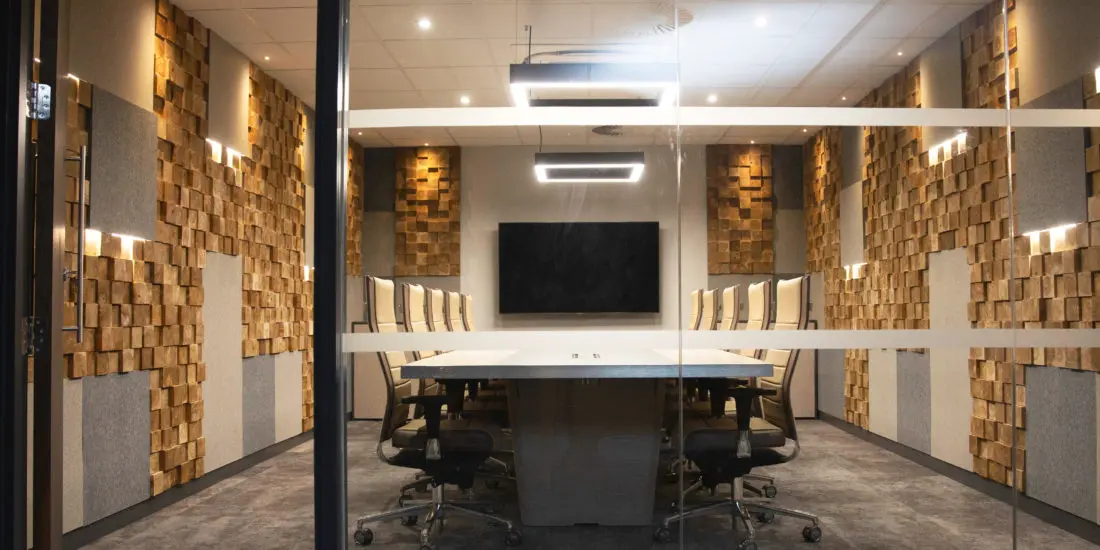HR is a crucial department within a business. At the core of the company, they will hire employees, ensure that they are happy within their roles, control payroll and make sure that employees receive the training that they require. So when changes are made within a business or business trends arise that could affect the way in which they work, it’s important that they are aware of them and prepared for the changes to take place.
What are the 10 key trends that impact HR?
1) Cloud migration
More and more businesses around the world are adopting cloud migration into their business. Through this, payroll and other parts of HR executive/manager’s roles are becoming affected. They will have to be trained on how to use the new system and how it differs to the one that they used before.

2) Automated recruitment
Smarter recruitment is a key trend within HR this year, as many of the executives hiring tasks are being automated. A transformation that involves using recruiting systems, and open sourcing tools, this method will narrow down potential employees that have the right skills for the job.

3) The increase of importance in wellness
As more businesses focus on the wellness of their employees, they are adopting wellness apps that employees can use to monitor their fitness levels and performance. Affecting HR as they are promoting the apps in order to increase both the employee’s wellness in terms of health and mental wellbeing, it breaks down the barrier between HR and other departments within a business.

4) Personalisation
This trend intertwines with the way in which an HR team member conducts their job as it shifts to a new approach that takes into account what each individual employee requires and what changes can be made in order to achieve this. Stepping away from the standardisation that exists in many traditional companies, personalisation includes tailoring the work environment based on requests from the employees - for example, changing the office design to be open so that more collaboration between the employees is possible and offering facilities that allow for downtime.

5) Promoting gender equality and diversity
Companies internationally are striving to create a workforce that includes a diverse range of employees and that doesn’t discriminate based on gender, race or sexuality. This important trend clearly affects HR, as it allows for them to arrange the hiring of employees and ensuring that inclusion is not overlooked. Improving how people view businesses and their reputation, it’s a positive trend that is becoming adopted by a range of sectors.

6) Remote working
As this trend continues to rise, so does the impact on HR. When a business decides to adopt a flexible working system, HR professionals will have to be aware of how each remote worker communicates and will encourage each of the employees to regularly check in with each other.

7) Analytics collected on current and potential employees
Employees in the present day are using data-driven analytics in order to analyse potential as well as current employees. Gathering information through demographics, feedback surveys and social media platforms, they are able to attract talent and accurately predict any workplace trends. This trend is impacting HR teams across the world and is aimed at creating an engaged and connected workforce.

8) The rise of technology
As technology advances, so does the replacing of employees for machines. As mentioned above, many HR systems can now be automated, leading to a decrease in employing HR teams. But, with this advancement, the ‘human factor’ is lost. A human HR team will have the ability to hire people based on a mixture of personality and skills, whereas an automated system will just take into consideration the experience of the potential employee.

9) Agile working
Similarly to remote working and flexible working, agile working is quickly becoming a popular concept. With this, HR teams are having to adapt to the ways in which the system works, promote it within the business and guide other people within the business of what it includes. A concept that’s adopted into the structure, it affects the way in which HR works and the future of the business's operations.

10) The challenge of acquiring talent
Talent acquisition plays a large part in a HR professionals role. Businesses are constantly pushing the need for employees that are specialised in specific roles and from this, the methods of hiring have changed. As this trend continues to grow, HR executives will have to consider hiring employees through a range of methods – from LinkedIn to Skype interviews.





.jpg)


